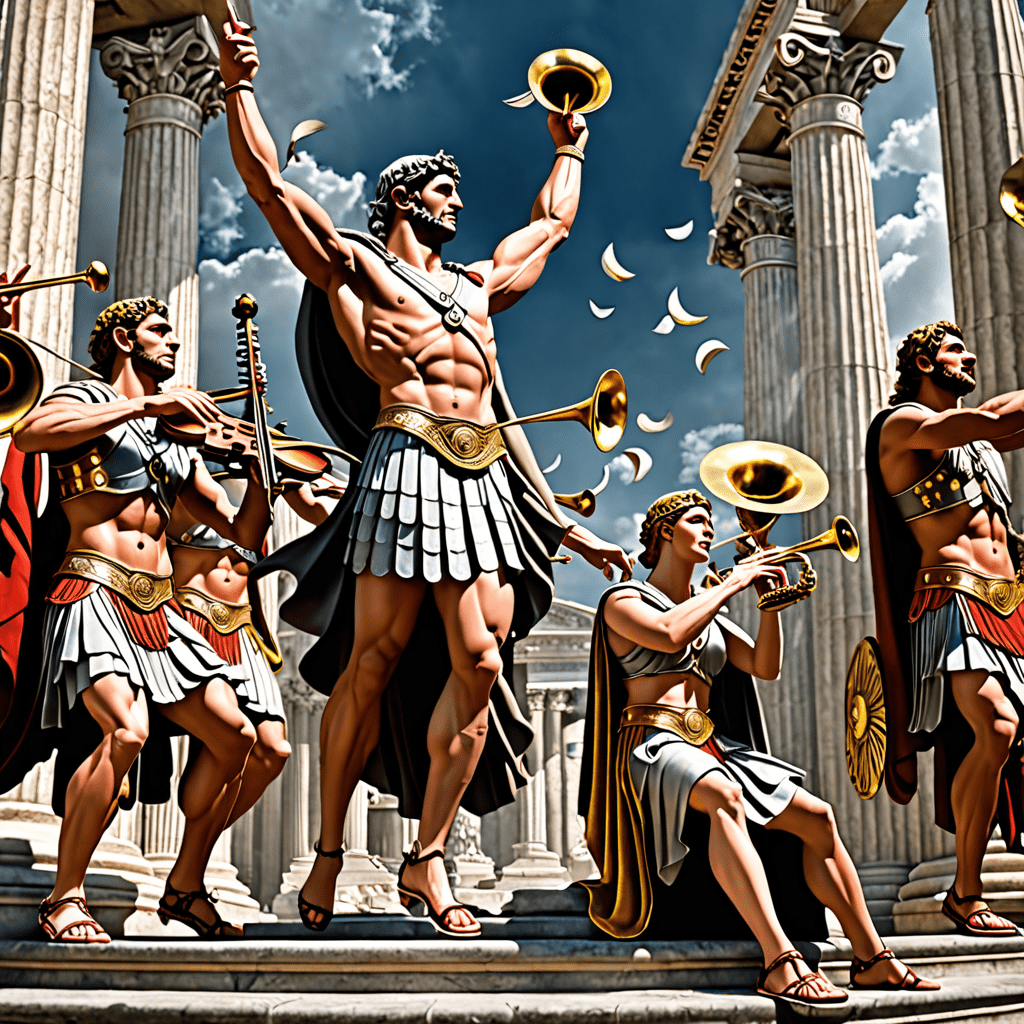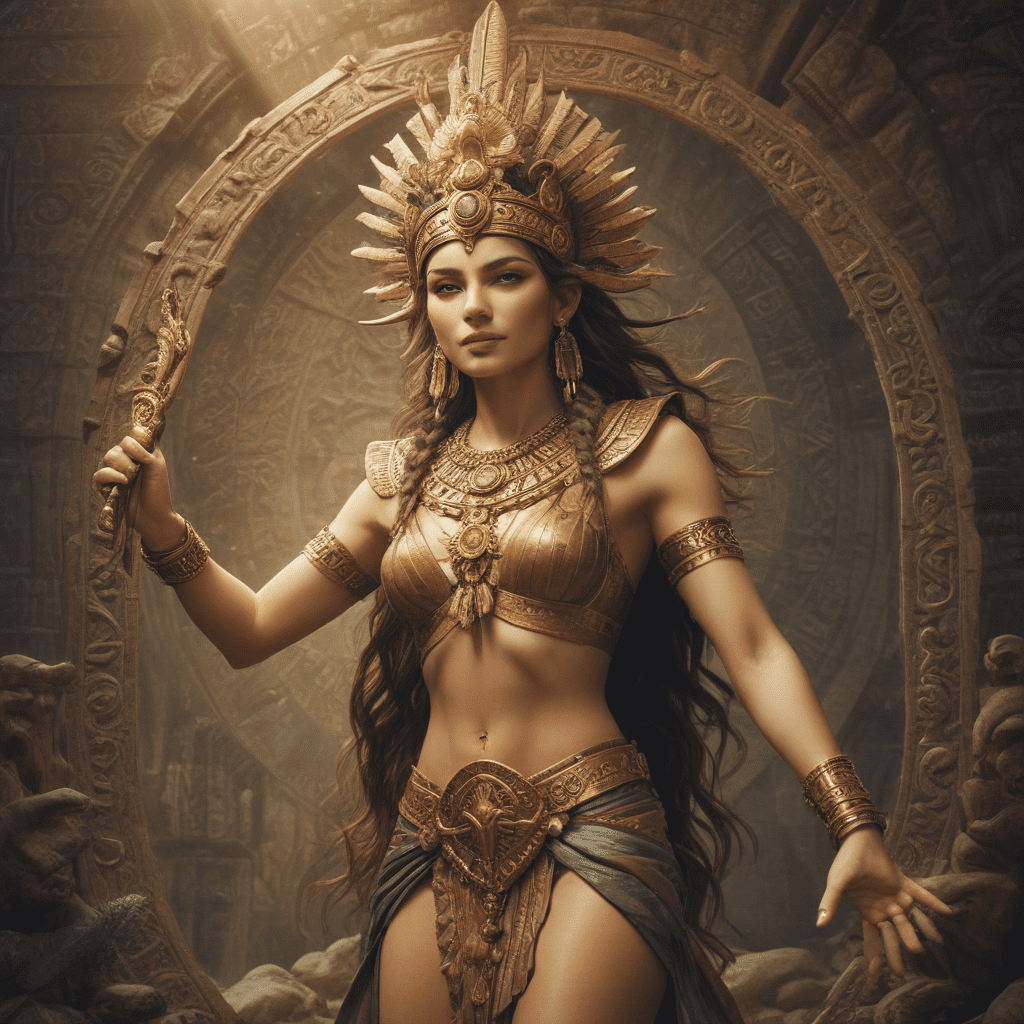The Role of Music and Poetry in Roman Mythological Stories
Welcome to our exploration of the fascinating connection between music, poetry, and Roman mythological stories. In ancient Rome, music and poetry played a significant role in shaping, expressing, and preserving the rich tapestry of myths and legends that defined the Roman culture. Let’s delve into how these art forms intertwined with mythology in the ancient Roman world.
The Power of Music in Roman Mythology
Music held a sacred place in Roman society and mythology. The Romans believed that music was divine in origin, with the ability to connect mortals with the gods. In mythological tales, Orpheus, the legendary musician, could charm even the fiercest of beasts with his enchanting melodies. Apollo, the god of music, was revered for his skill with the lyre.
The Influence of Poetry in Roman Myths
Poetry was equally important in Roman mythological stories. Poets like Ovid and Virgil infused their works with tales of gods, heroes, and mystical beings, immortalizing these stories for future generations. The intricate verses of these poets brought the myths to life, capturing the imagination of their audience.
Musical and Poetic Themes in Mythological Narratives
In Roman myths, music and poetry often served as essential tools in storytelling. The epic poems of the Aeneid and the Metamorphoses detailed the heroic exploits of gods and mortals, accompanied by the rhythmic cadence of verse. Musical instruments such as the lyre and the flute were frequently woven into tales, underscoring emotional moments within the narratives.
The Symbolism of Music and Poetry in Roman Mythology
Music and poetry were not merely ornamental aspects of Roman mythological stories but carried deep symbolism. Harmonious music symbolized order and balance in the universe, reflecting the cosmic harmony upheld by the gods. Poetic verses, on the other hand, conveyed the complex emotions and intricacies of human and divine interactions, adding depth to the myths.
In conclusion, the role of music and poetry in Roman mythological stories was foundational, serving as essential channels for storytelling, expression, and cultural preservation. The intertwining of these art forms with the realm of gods and heroes created a vivid tapestry of legends that continues to captivate audiences to this day.
FAQ: The Role of Music and Poetry in Roman Mythological Stories
What is the significance of music and poetry in Roman mythological stories?
Music and poetry played a vital role in Roman mythological stories as they were believed to have the power to convey emotions, tell tales of heroic deeds, and honor the gods and goddesses.
How did music and poetry influence Roman mythology?
Music and poetry were integral to Roman mythology as they enhanced storytelling, portrayed the divine nature of gods and heroes, and connected individuals to the spiritual realm through rituals, hymns, and performances.
Which Roman gods or goddesses were associated with music and poetry?
In Roman mythology, Apollo was the god of music, poetry, and art, while the Muses were the goddesses who inspired and guided artists, poets, and musicians in their creative endeavors.
How did music and poetry contribute to the preservation of Roman mythological stories?
Through epic poems like Virgil’s “Aeneid” and Ovid’s “Metamorphoses,” as well as musical performances at religious ceremonies and festivals, music and poetry served as vehicles to preserve and pass down Roman mythological stories from generation to generation.


